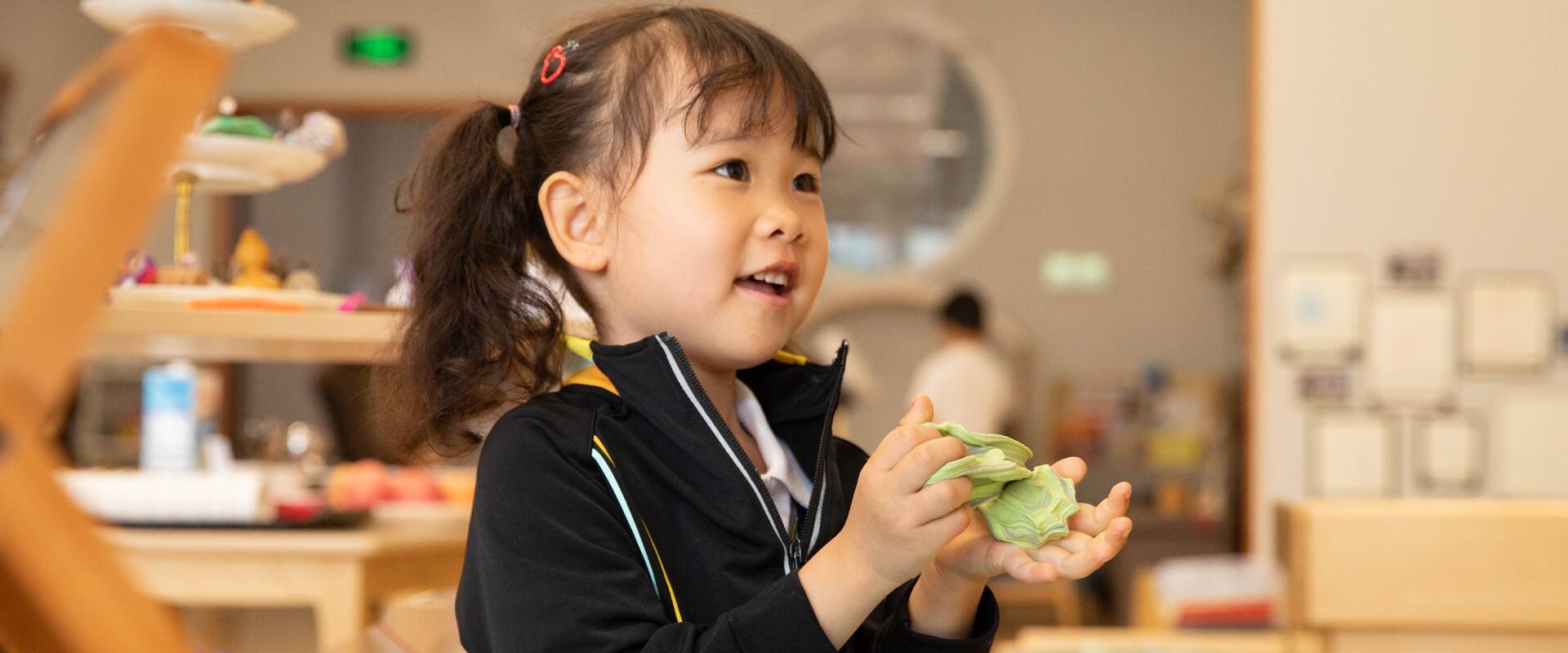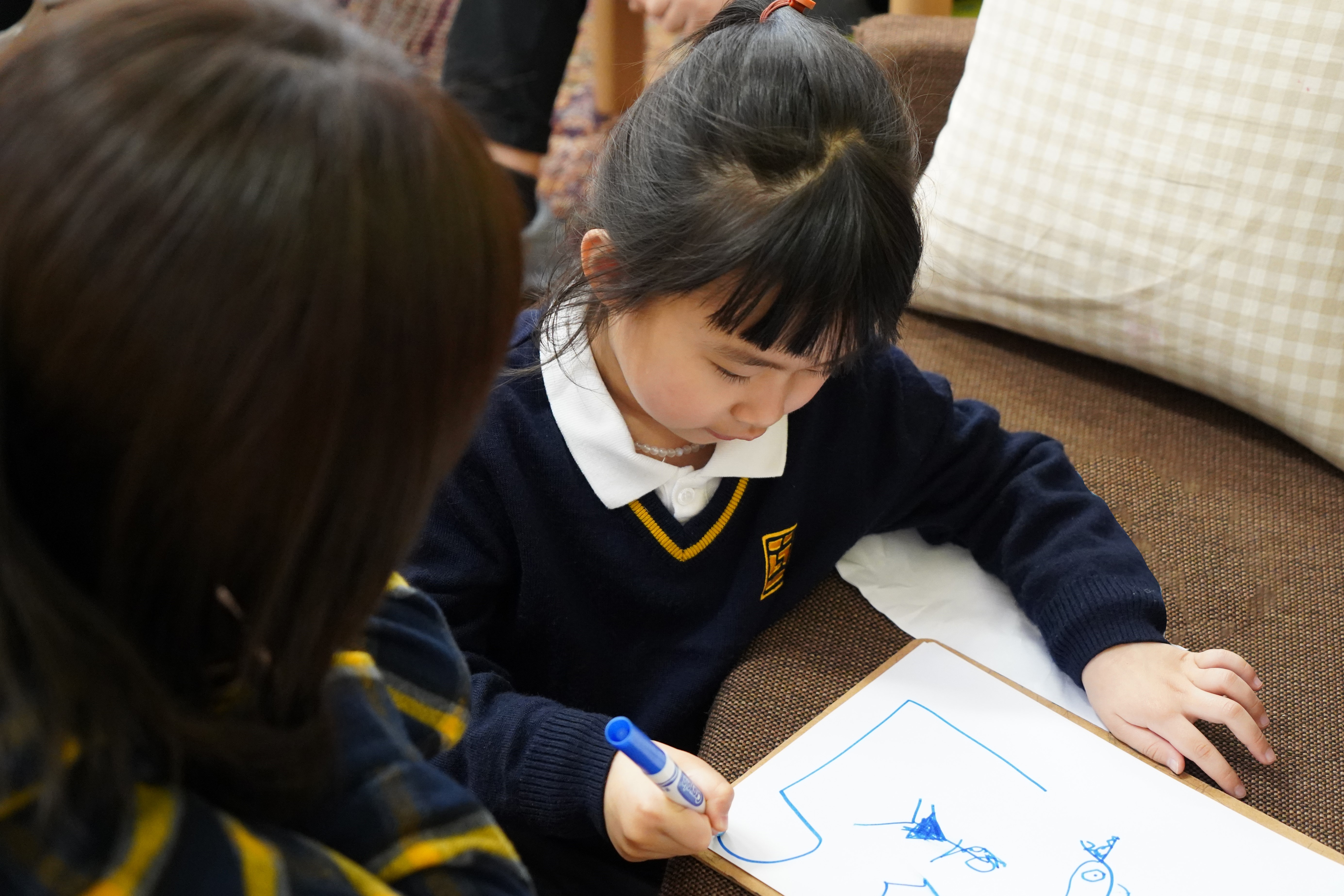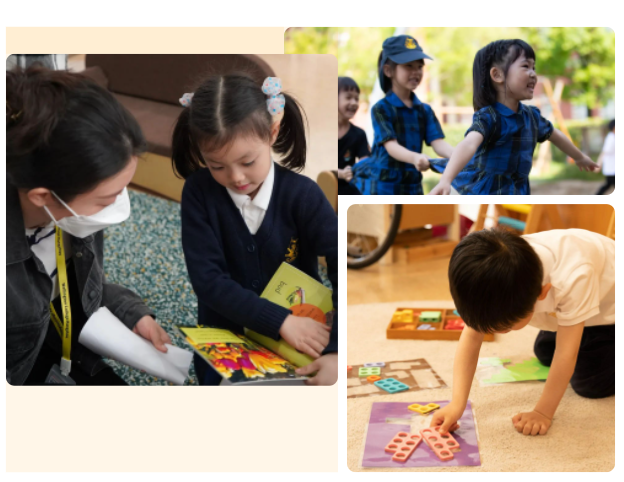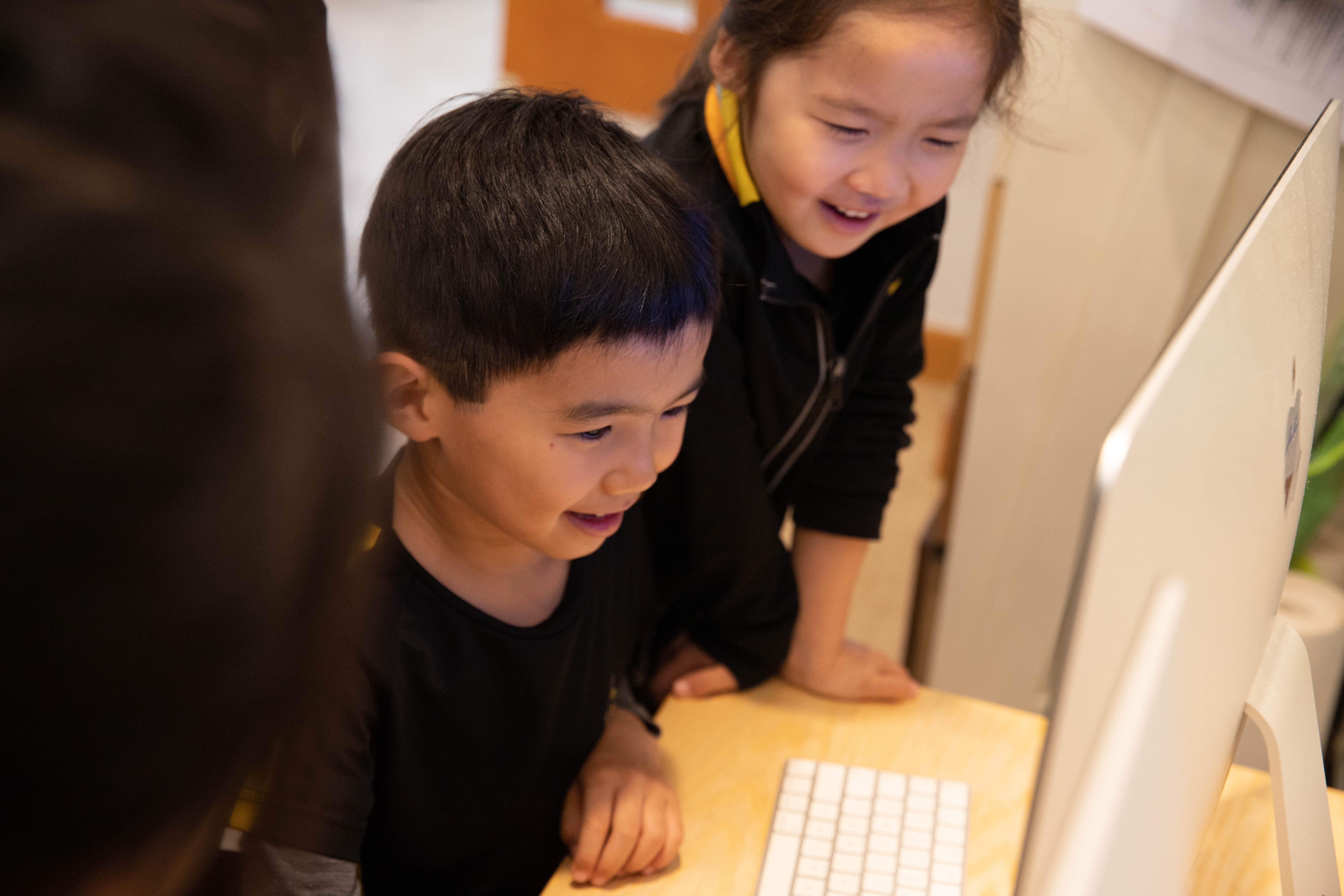
Justin Chamberlain
Early Years Curriculum Lead
Every time we have parents' meetings, and often in informal chats, we are regularly asked: "What can I do to support my child at home?" As a parent, helping our children succeed is at the forefront of our minds. This does not just have to be academic – we all want our children to be well-rounded individuals, and through our Huili Values, Identity, and focus on children's well-being and involvement, this is something we strive to achieve here in school.

So, without further introduction, here are five ways you can help support your child:
01
Play with them
This is deliberately the first one as it is the most important. You are your child’s first and most enduring educator, the one they look up to, the one they aspire to be like and most importantly, the one they love. By being a role model in play, you show them the importance of learning through play. Also, through play, you can gain so much insight into what your child knows and help push them along. Talk as you play, either in a role, asking and answering questions or simply narrating their play as they play alongside you. This develops so many areas of their learning whilst also developing the bond between you and your child.

02
Read with your child every day
Several studies have shown the enormous impact reading with your child has. It develops vocabulary, understanding and the skills of reasoning and inference. Read in your first language or a second language – either way, these skills are being developed. Ask your children questions about what they have listened to or what they can see in the pictures. If it is a familiar story, feel free to invite them to join you with the repetitive refrains.
03
Organise play dates
In early years education, our three prime areas of learning are physical development, personal, social and emotional development, and communication and language. Within a play date, your child will always develop the last of these two and often develop the first. Distance between friends may make this more difficult, but children can always play with others in their community or with siblings or cousins.

04
Let them get enough sleep
The recommended amount of sleep for children at Nursery age is 10 – 13 hours a day, including naps. This means that your child should ideally be getting eight to eleven hours of sleep at home. A well-rested child is a more effective learner in school.
05
Limit Screen Time

Click here view the previous post -
How to manage screentime positively
We have mentioned this in a previous post but limiting the number of time children spend with screens has an enormous positive impact on children's academic and social skills. Children should not be accessing more than an hour of screen time a day at this age.
This list is by no means definitive, but it will help in developing your child holistically whilst also developing their relationship with you as a parent. As a Nursery, we are passionate about supporting your child both in school and out. Any teacher will always be happy to give further tips and advice. But for now, enjoy every moment you have with your child and join them in their learning journey.